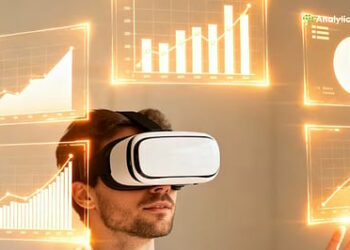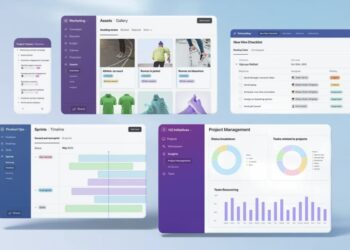
We’re half way into January and many of you have set the intention to begin the New Year engaging in the stress reducing and consciousness expanding practice of meditation. At this point in a new practice, one or two common challenges can show up: 1) wavering about the object of meditation, for example, second guessing whether to focus on your breath, a symbol, mantra, or other; and/or 2) spending a lot of time during meditation wondering if you are meditating or not.
If you find yourself faced with these or other challenges, you might consider using technology to support your practice. Technology that supports mental health, emotional wellbeing and human thriving is called transformative tech or conscious tech. When it comes to supporting meditation practice, for example, transformative tech can take the form of an app, or biofeedback device. If you’re not sure whether meditation apps work, a spate of research in 2018 provided evidence of the efficacy of some, including Headspace* (Klisanin, 2018).

If you want more support than you can get from an app, a biofeedback device is a good option. At the recent Consumer Electronic Show (CES 2019), I had a chance to try Muse 2, a second-generation biofeedback device specifically designed to support meditation. The original Muse* headband is an EEG device widely used by neuroscience researchers that translates mental activity into guiding sounds that help you learn to meditate. The device made headlines back in 2016 when neuroscientist Olav Krigolson and his team trekked to Nepal to study the brainwaves of Buddhist monks.
In addition to feedback on brain activity, Muse 2 provides real-time feedback on your heart rate, breathing, and body movements. The Muse app supports meditation on the breath, helping you stay focused. If your mind is busy, you’ll hear stormy weather. If your mind is calm, you’ll hear peaceful weather. When you enter the state of meditation, you’ll hear birds chirping. This type of biofeedback will help you learn what the state of meditation feels like, taking away nagging doubts about how you’re using your time.
* The author is not affiliated with Headspace or Muse. The recommendations are based solely on scientific research, which has been shown to support the use of these products for meditation.
[“source=psychologytoday”]







